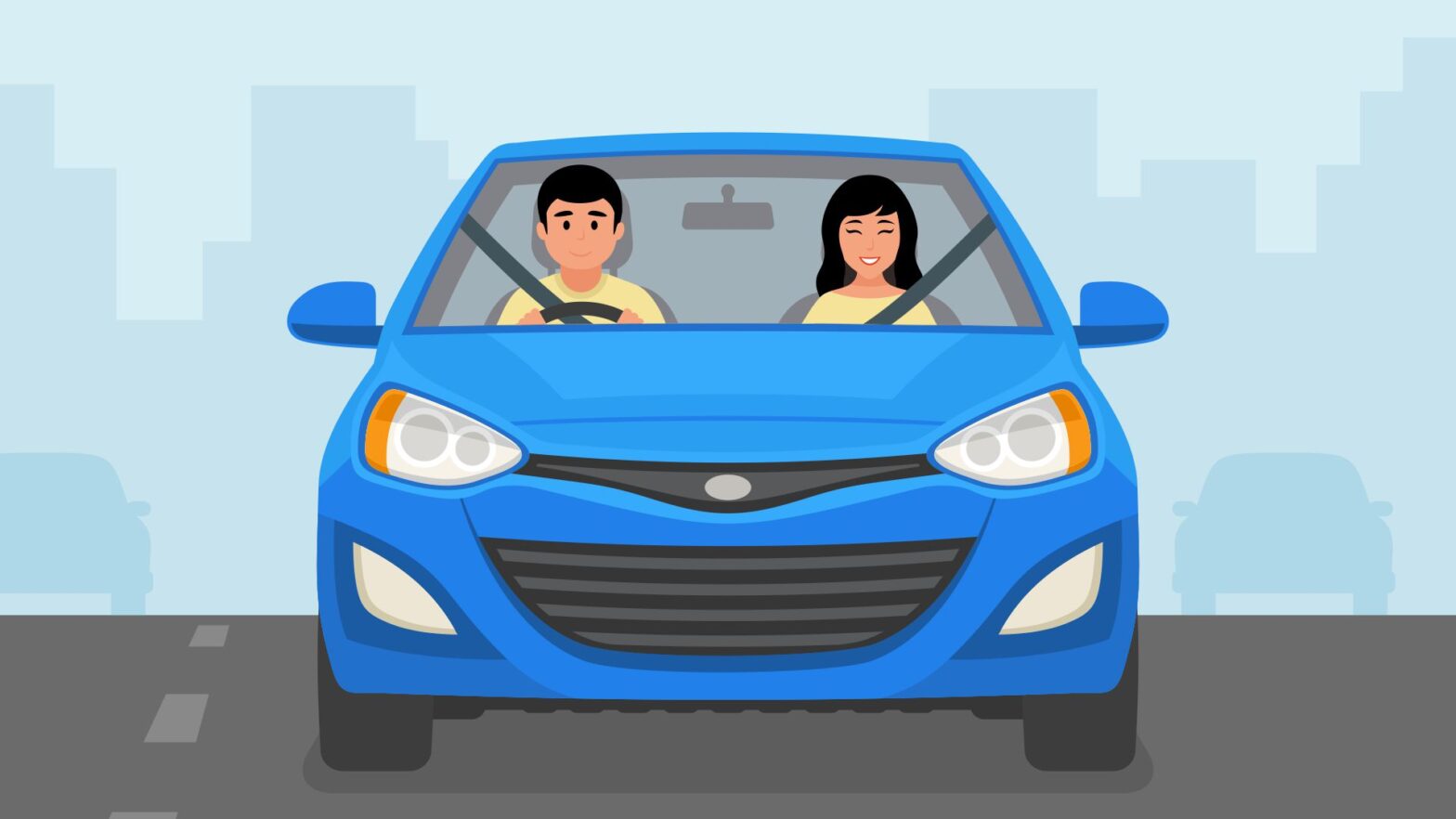
Staying Alert Behind the Wheel: Essential Car Safety Tips for Fatigue
Fatigue occurs from a lack of proper rest, chiefly being restful sleep. It could be that you aren’t well-rested or that you’re tired after heavy activities during the day. In such instances, you shouldn’t ideally drive. It’s the major cause of road accidents around the world, including in India.
A person with high fatigue is in a state similar to that of someone who is heavily drunk. Hence, it affects the person’s ability to concentrate on the road. Such a person has a slow reaction time and suffers from lesser attention, awareness and ability to control their vehicle.
Therefore, if you’re in a similar situation, you must take a cab, use public transport or even get someone else to drop you home. Restful sleep keeps your mood and spirits high enough to deal with traffic snarls, weather or other factors.
Signs of Fatigue While Driving
The common signs of fatigue include
- Persistent yawning and heaviness in eyelids.
- Difficulty driving at constant speeds.
- Irritability, impatience or restlessness.
- Microsleep, momentarily.
- Trouble with recalling the last few kilometres driven.
- Drifting out of your lane frequently.
- Missing exit or road signs.
- Difficulty in keeping your head upright.
- Following other cars too closely.
Categories of People Predisposed to Driving With Fatigue
- People with sleep disorders
- Long shift workers
- Those who work night shifts
- Commercial drivers who operate trailers, tow trucks, semi-trucks and other large vehicles
Tips to Manage Fatigue While Driving
- Get restful sleep: Adults between the ages of 18 and 64 need at least 7 hours of sleep a day, ideally. Those above 64 may not need that much when at home, but it would be better if they intend to drive.
- Time your driving: Ideally, try to drive at times when you’re fresh. If not possible, be alert about the symptoms of fatigue.
- Avoid consuming sleep-inducing substances: Keep away from alcohol, medications, OTC pills, etc., if you intend to drive, except in exceptional cases.
- Maintain sleep hygiene: This is crucial to preventing fatigue. It includes
- Sleep and wake up at the same time all seven days of the week.
- Avoid caffeine, alcohol and even other fluids much before bed.
- Keep your screens away from your sleep environment at least 30 minutes before bed.
- If you’re not able to sleep within 20 minutes of lying down, get up and walk around outside your bedroom until you feel sleepy.
- Intake healthy food and exercise regularly to ensure restful sleep.
- Consult a sleep medicine expert if you find difficulty sleeping regularly.
Vehicles that come with fatigue monitoring systems alert you when you display symptoms of fatigue. These include systems such as eye tracking, facial recognition and steering behaviour analysis. They provide audio-visual alerts which prompt you to take action.
Additionally, when other people travel alone, they can help in driving and engaging in lively conversations, allowing the main driver to rest and recharge.
Hence, please make sure that fatigue doesn’t take over your wheels. After all, your life is precious.
Sleep Therapeutics is the first sleep center in Telangana and Andhra Pradesh. Hence, if you’re suffering from regular fatigue, please contact us to help you resolve the same. We assure you that you’re in safe hands.
ALSO READ: Understanding Common Sleep Disorders: Insomnia, Sleep Apnea, and More
